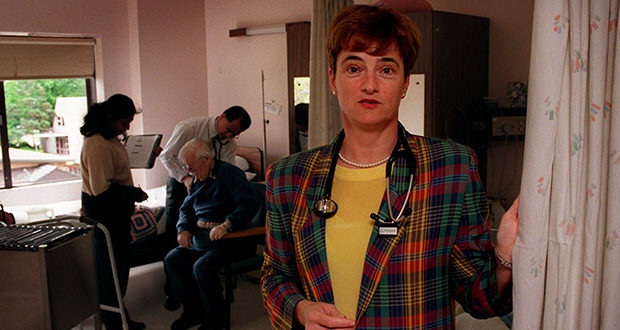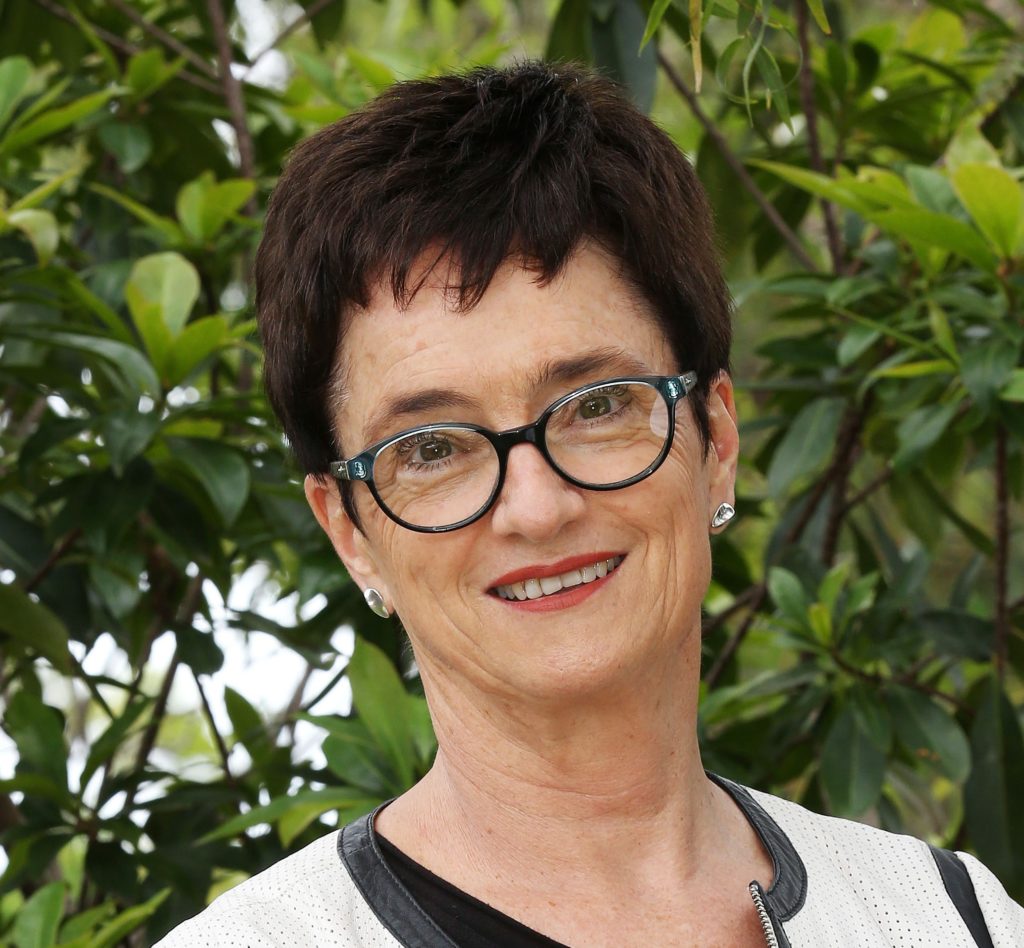Professor Susan Kurrle from Sydney University has been honoured for her groundbreaking research in dementia.
She was appointed an Officer of the Order of Australia in January this year as tribute to her outstanding service as a geriatrician and work in cognitive decline.
Professor Kurrle started her career as a geriatrician at Hornsby Ku-ring-gai and Eurobodalla Health Services in 1987.
Over her 35-years of experience, professor Kurrle has made progress in numerous areas of aged care, including elder abuse, frailty and nutrition.
"They go above and beyond, are from all over the country, and contribute every day in every way imaginable," governor-general of Australia David Hurley said.
"These are the people who see us through good times and bad. They’re the first to show up and the last to leave."
Each year, the Commonwealth awards Australian citizens on their outstanding service to the public and country.
Aged Care Insite spoke with Professor Kurrle about her research in dementia and why it's important to age well.
ACI: What was your response to receiving an Australia Day honour earlier this year?
SK: I was stunned and was trying to get my head around it. My main comment is that it should be a team award because I work with the most amazing group of people and have done so at Hornsby for the past 35 years.
Could you share with us a bit about your career?
When I started 35 years ago, I felt very lucky to work as a geriatrician at Hornsby.
We were always a couple of steps ahead simply because we had to adapt and develop services for older people. If you came upon something you didn't know, there were plenty of people to talk to.
And that's how I got involved in elder abuse in 1989 when I came across a case. In those days, we didn't have a name for it. Colleagues encouraged me to look at it more, so we researched it. And that was the first Australian research confirming that elder abuse was an issue.
If something came up in my work, I would see what we could do about it. Elder abuse was an example - falls and hip fracture was another.
I ended up doing my PhD in hip protectors, which are plastic shields you wear in underwear over both hips. It protects your hip if you fall. During my PhD, I researched why women wore or chose not to wear hip protectors.
That took me to the subject of frailty. Over the years, I've done a lot of work on frailty and how to reverse it. For example, one was a randomised trial at Hornsby on reducing frailty using physiotherapy and nutrition.
What was your role in advancing guidelines and aged care services around dementia?
I naturally became involved in dementia because that's just so much part of our work. I joined the board of aged care provider HammondCare in 1998, who were pioneers in working with dementia.
It was a very small organisation back then, and they've gradually developed and sharpened their work in dementia.
In 2012, we were awarded the NHMRC grant to lead the $25m NHMRC Partnership Centre on Dealing with Cognitive and Related Functional Decline in Older People.
So, that gave me and my co-investigators funding to research cognitive decline that aged care providers or consumers directed.
There were different bodies, such as Dementia Australia, and providers, including HammondCare, that gave us a wishlist of issues they wanted answers to. For example, what's the best residential care model for people with dementia?
Alzheimer's Australia was also pleased that we developed clinical practice guidelines for the management of dementia because there weren't any.
We also looked at stigma and community attitudes, reablement and pain management in dementia.
It was meant to be five years, but it went on for seven years. I'm really proud of the work that we did. And like I said before, it was truly a team effort – I just happened to be the leader.
And everyone on the team has continued working within their specific areas. It's exciting to see some of the young researchers I worked with are now working in areas like outcomes for people with dementia and winning grants themselves.
Overall, I think the key to everything is getting everybody working together. Because we all want to make sure we're improving the quality of life for older people.
And you recently joined the board of the Maggie Beer Foundation – what do you hope to achieve in food quality in aged care?
Maggie Beer's single aim is to improve the food in aged care. And I think if there's one area we could do a lot, it's that area of food – the concept of good food.
For example, in the cottage model of care, which is the idea of individual small homes within a residential facility, meals are cooked in each apartment or each cottage.
My mom was in home care for six years in three different facilities. And it was fascinating because the food was always wonderful because care staff and chefs with knowledge about food cooked it.
They would also involve the residents and allow them to make bread, custard, and chop pumpkin and potatoes.
It worked well by including the residents, and even those who couldn't join could watch and still feel included.
And the food was always fresh because they looked at what vegetables and fruits were in season. So, in September, they ate lots of asparagus, and in February, they ate cherries and mangoes.
It's such a wonderful concept of providing food to people in aged care.
Many older people have lost many good things in their lives, but food is important. Not only for their nutritional value but also for advancing the residents' quality of life.
We talk about it all the time, the quality of life, but having good, fresh food makes such a difference.
What other aspects of ageing are important to you?
I think we have to watch out that we don't become a frail society. So, the importance of keeping [physically] active is something I talk about a lot.
Anything from regular walking to resistance training can really help you age well.
Just simple things like sit-to-stand exercises where you stand up from a chair without using your arms, sit down slowly, touch your backside, and then come back up again. That way, you sign the three most prominent muscle groups in the body, the quads, hamstrings and buttocks.
There's also this new concept called 'exercise snacking', where you implement short and small exercises in your day-to-day life.
For example, instead of doing an hour at the gym or walking for 5k, you walk briskly for five minutes up and downstairs. Or you do press-ups against the kitchen bench while waiting for the tea water to boil.
If you do these small things eight to ten times a day, it keeps your body fit.
I like to take the stairs at work. Of course, I'll get puffed, but then I'll do them again a bit later, and if I can do four flights three times a day, that's really good exercise.
And the most important thing is that it's never too late to start becoming a healthier person.
Do you have an idea for a story?Email [email protected]
 Aged Care Insite Australia's number one aged care news source
Aged Care Insite Australia's number one aged care news source



I think that might be 35 years+ (Not 25)
Congratulations Sue, on your award, and thanks for your inspiring and fantastic contribution to gerontology, to aged care and health care, and to the oworld over such a long period of time.
And thank you to Elise Hartevelt for such a well written account. This is one woman’s life we need to know about well before her obituary!